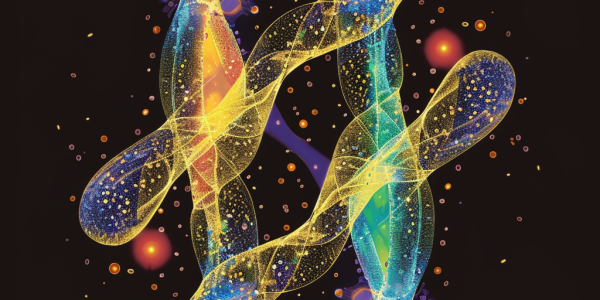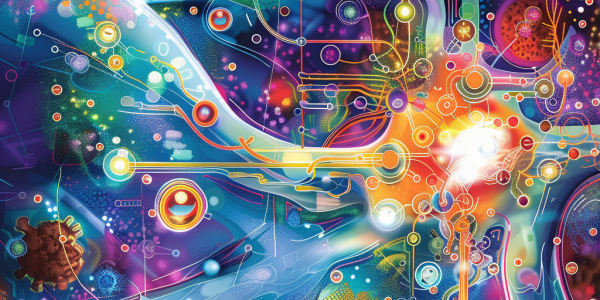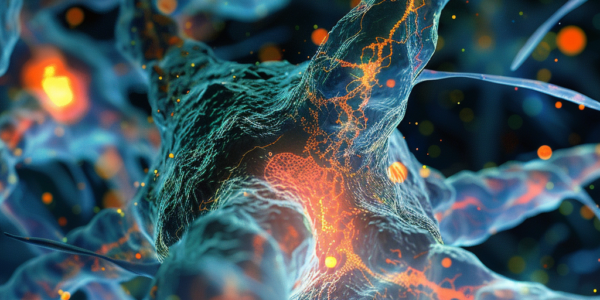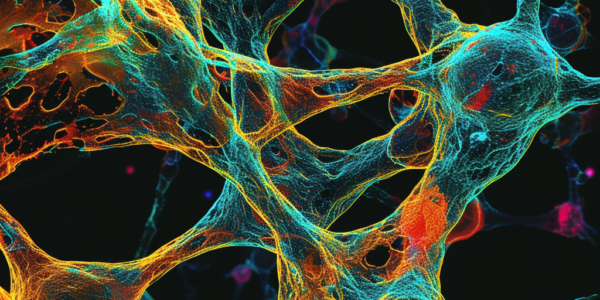Kyoto University Study Reveals New Insights into Chromosome Behavior During Meiosis
Kyoto University researchers have made groundbreaking discoveries about chromosome behavior during meiosis, revealing how chromosomes measure their lengths and determine the dissolution of cohesin. This study, published in Current Biology, provides crucial insights into the mechanisms of cell division and its implications for genetic disorders and reproductive health.
Scientists Unveil Molecular Switch to Control Cell Division
Scientists at the Centre for Genomic Regulation and Max Planck Institute have developed a groundbreaking molecular switch that controls cell division on demand. This innovative research, published in Nature Communications, reveals the crucial role of the protein PRC1 in organizing microtubules during cell division. By manipulating the phosphorylation state of PRC1, researchers can precisely control cellular behavior, opening new avenues for regenerative medicine, cancer treatment, and biotechnology.
Study Finds Micro- and Nanoplastics Passed on During Cell Division
A recent study reveals that micro- and nanoplastic particles persist in the human body and are transmitted to newly formed cells during division, potentially enhancing tumor metastasis. The findings, published in ‘Chemospheres’, highlight the effects of plastic particles on cancer cells in the gastrointestinal tract.
Researchers Capture High-Resolution Images of Early Microtubule Formation in Human Cells
Researchers at the Center for Genomic Regulation (CRG) in Barcelona and the Spanish National Cancer Research Center (CNIO) in Madrid have achieved a groundbreaking feat by capturing the world’s first high-resolution images of the earliest moments of microtubule formation inside…




